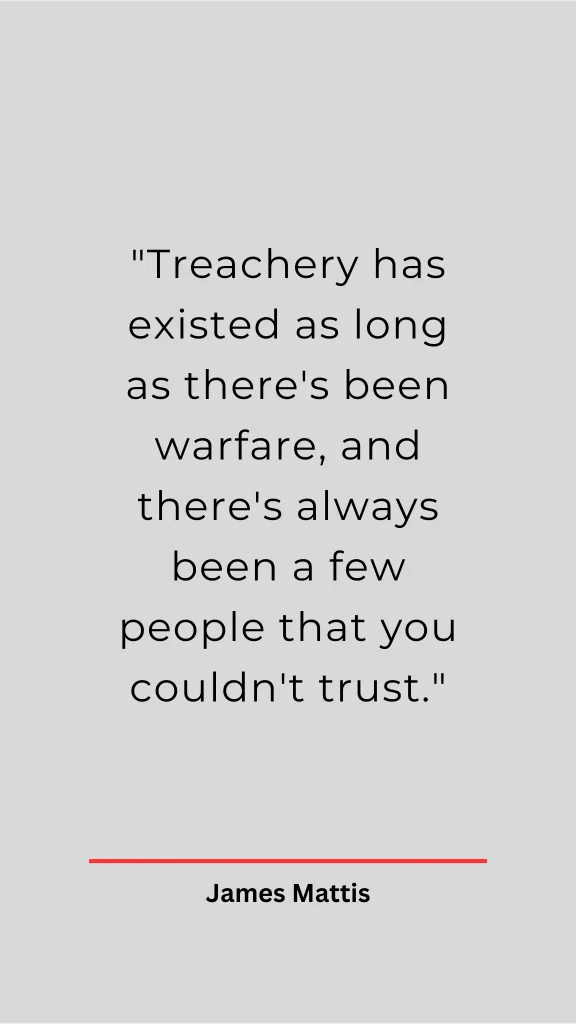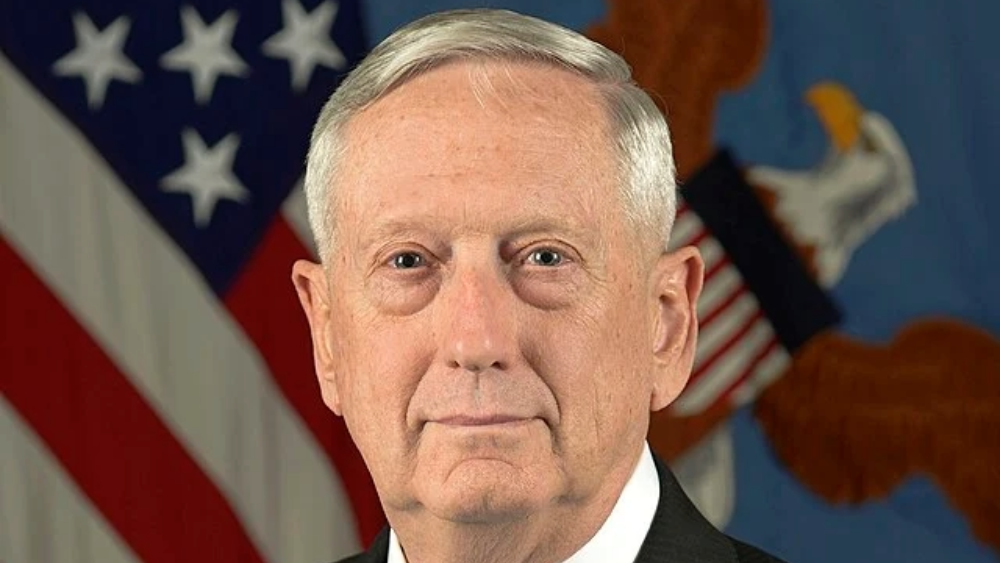James Norman Mattis is a retired four-star general of the United States Marine Corps and a former U.S. Secretary of Defense. Known for his strategic brilliance, unwavering leadership, and deep knowledge of military history, General Mattis has been a revered figure in the armed forces and beyond. Often referred to as “Mad Dog” and the “Warrior Monk,” he has shaped modern military strategy and doctrine, earning the respect of colleagues and subordinates alike. This article explores his life, military career, leadership philosophy, and contributions to national security.
Early Life and Military Beginnings
General James Mattis was born on September 8, 1950, in Pullman, Washington. Raised in a disciplined household, he developed an early interest in history and military strategy. He attended Central Washington University, where he earned a Bachelor of Arts degree in history in 1972. Shortly after, he joined the U.S. Marine Corps and was commissioned as a second lieutenant.
James Mattis quickly gained a reputation for being a tough but fair leader. His deep respect for military history and doctrine shaped his approach to command, emphasizing preparation, adaptability, and the welfare of his troops. Throughout his early career, he held various command positions, demonstrating exceptional tactical and strategic acumen.
Gulf War and Early Commands
General Mattis’ first significant combat experience came during the Gulf War in 1991. As a lieutenant colonel, he commanded the 1st Battalion, 7th Marines, leading them effectively through Operation Desert Storm. His leadership during the conflict solidified his reputation as a decisive and fearless officer.
Following the Gulf War, he continued to rise through the ranks, holding key command positions, including as a colonel in the 1st Marine Expeditionary Brigade and later as the commanding general of the 1st Marine Division. His experiences during these years further refined his approach to leadership, reinforcing his belief in the importance of reading, studying, and applying historical lessons to modern warfare.
Iraq and Afghanistan Wars
During the early 2000s, Mattis played a crucial role in the U.S. military’s campaigns in Iraq and Afghanistan. As the commander of the 1st Marine Division during the 2003 invasion of Iraq, he led his troops with precision and efficiency. His ability to inspire his men while making tough battlefield decisions earned him widespread recognition.
One of his most notable engagements was the Battle of Fallujah in 2004, where Mattis oversaw complex urban combat operations. His leadership in Iraq exemplified his strategic foresight and his emphasis on the importance of understanding local cultures and history when engaging in counterinsurgency operations.
In 2009, he was appointed as the commander of U.S. Joint Forces Command and later became the commander of U.S. Central Command (CENTCOM) in 2010. As CENTCOM commander, he was responsible for overseeing military operations across the Middle East, a critical period during which the U.S. faced challenges in Afghanistan, Iran, and Syria. His tenure at CENTCOM further solidified his reputation as a master strategist and military thinker.

Leadership Philosophy
James Mattis is renowned for his disciplined and intellectual approach to leadership. He has often emphasized the importance of continuous learning, famously carrying a personal library of over 7,000 books during his time in service. His commitment to studying military history, philosophy, and strategy has influenced his decision-making and leadership style.
His philosophy can be summarized in a few key principles:
- Read and Learn – Mattis firmly believes that studying history and strategy prepares leaders for the battlefield. He has often quoted historical figures and used historical case studies to inform his decisions.
- Lead by Example – He is known for leading from the front, never asking his troops to do something he wouldn’t do himself.
- Adaptability – Understanding the evolving nature of warfare, Mattis has always stressed the importance of being flexible and open to change.
- Respect and Discipline – While he earned the nickname “Mad Dog,” those who served under him describe him as a leader who treated everyone with respect and expected the same in return.
- Clear Communication – Mattis communicates concisely and effectively, often delivering powerful, straightforward messages to his troops.
Service as Secretary of Defense
In 2017, Mattis was appointed as the 26th U.S. Secretary of Defense under President Donald Trump. His extensive military experience and non-partisan reputation earned him widespread praise for his appointment. As Secretary of Defense, he focused on strengthening alliances, modernizing the U.S. military, and maintaining a strong deterrence strategy against adversaries like China, Russia, and Iran.
One of his key priorities was reinforcing NATO and reassuring U.S. allies of America’s commitments to global security. He also played a crucial role in shaping military strategy against ISIS, emphasizing a more aggressive approach to counterterrorism efforts.
In December 2018, Mattis resigned from his position, citing differences in policy decisions, particularly the withdrawal of U.S. troops from Syria. His resignation letter emphasized the importance of alliances and strategic stability. Many widely regarded it as a principled stand on U.S. national security interests.
Post-Government Career and Legacy
Since leaving the Pentagon, Mattis has remained an influential voice in defense and security matters. He has authored books, including Call Sign Chaos: Learning to Lead, where he shares his experiences and leadership lessons from decades of military service.
His legacy is one of intellectual rigor, battlefield prowess, and an unwavering commitment to the individuals in uniform. Mattis’ impact on military strategy, leadership development, and national security will continue to be studied and respected for generations to come.
Conclusion
James Mattis embodies the qualities of a true warrior-scholar. He has demonstrated a deep commitment to the United States and its armed forces through his exceptional military career. His leadership philosophy and service as Secretary of Defense further highlight his dedication. Mattis remains a respected and influential figure in American military history, whether in combat, at the Pentagon, or as an author and speaker. His insights on leadership, adaptability, and continuous learning have made a lasting impact. Future military leaders and policymakers look to his lessons as a guiding light.




